Personal Details: Sheehan, Mark
Core Author | Stammautor (since 2015)
Mark Sheehan, PhD (*1955), is Senior Lecturer for teaching and learning history/social studies and the Secondary Programme Director of the Victoria University of Wellington (NZL) Faculty of Education. He has been involved in education matters since the 1980s as a teacher, lecturer, textbook writer, researcher, museum educator and curriculum designer. Mark conducts research on critical/historical thinking, boys’ education, the place of knowledge in 21st century curricula and the role of history in reconciliation (especially in regards to memory and remembrance). He has also acted as an independent consultant to the New Zealand Ministry of Education on a range of curriculum related matters and is currently contributing to the Maori history project; an initiative that is incorporating indigenous epistemologies into the New Zealand history curriculum.
Mark Sheehan, Dr. phil. (*1955), ist Professor für Didaktik der Geschichte und der Sozialwissenschaften und Leiter des Studiengangs für SekundarschullehrerInnen an der Fakultät für Erziehungswissenschaften der Victoria-Universität in Wellington (Neuseeland). Er ist seit den 1980er Jahren als Lehrer, Dozent, Lehrbuchautor, Forscher, Museumspädagoge und Lehrplanmacher mit Bildungsfragen beschäftigt. Er betreibt Forschung zum kritischen geschichtsbezogenen Denken, zur Jungenbildung, zum Platz des Wissens in den Lehrplänen des 21. Jahrhunderts und zur Rolle der Geschichte im Prozess gesellschaftlicher Versöhnung (besonders im Hinblick auf das Gedächtnis und das Erinnern). Darüber hinaus hat er auch als unabhängiger Berater des neuseeländischen Bildungsministeriums für Lehrplanfragen gearbeitet und trägt dort gegenwärtig zum Maori-Geschichtsprojekt teil. Dieses Projekt bemüht sich darum, indigene Epistemologien in den neuseeländischen Lehrplan zu integrieren.
http://www.victoria.ac.nz/education/about/staff/sedu/mark-sheehan-
Difficult Histories: Optional or Essential?
Schwierige Geschichte: Optional oder essenziell?
Difficult Histories: Optional or Essential?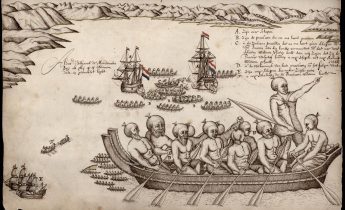
New Zealand’s high autonomy history curriculum fails to provide young people with essential knowledge about the colonial past. Educators should consider the essential knowledge that students deserve to have.
-
Māori History and a Sense of Place
Maorische Geschichte und das Verständnis von Örtlichkeit
Māori History and a Sense of Place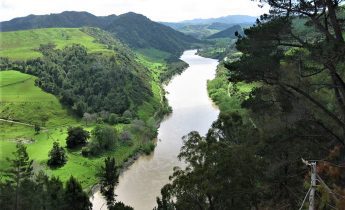
The recently launched Māori History website has the potential to see Māori views successfully accommodated in history. It also provides an example of how a bold curriculum initiative ...
-
ANZAC and the Right to Dissent
ANZAC und das (Un)Recht zu widersprechen
ANZAC and the Right to Dissent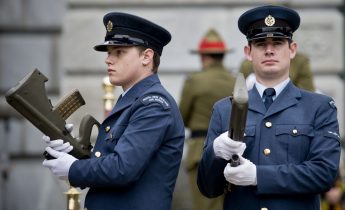
In New Zealand, young people are encouraged to engage in the commemoration of war. They are in an ambivalent position. Whilst they are expected to reinforce the war remembrance, questioning New Zealand’s war record is not an option.
-
A Matter of Choice–Biculturalism
Eine Frage der Wahlmöglichkeit – Bikulturalismus
A Matter of Choice–Biculturalism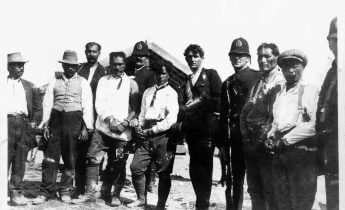
Biculturalism? In the high-autonomy curriculum environment in New Zealand, it is history teachers who are charged with the responsibility of engaging young people with controversial aspects of postcoloniality.
-
“A historically conscious future” – Indigenous perspectives on war remembrance
“Eine historisch bewusste Zukunft” – Indigene Perspektiven auf Kriegsgedenken
“A historically conscious future” – Indigenous perspectives on war remembrance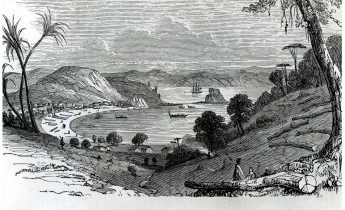
Whilst war remembrance in New Zealand is dominated by ANZAC and Gallipoli, there is a growing momentum to commemorate the colonial wars of the 19th century between indigenous Māori and the British/colonial forces. This raises questions about how post-colonial nations such as New Zealand address the difficult features of...